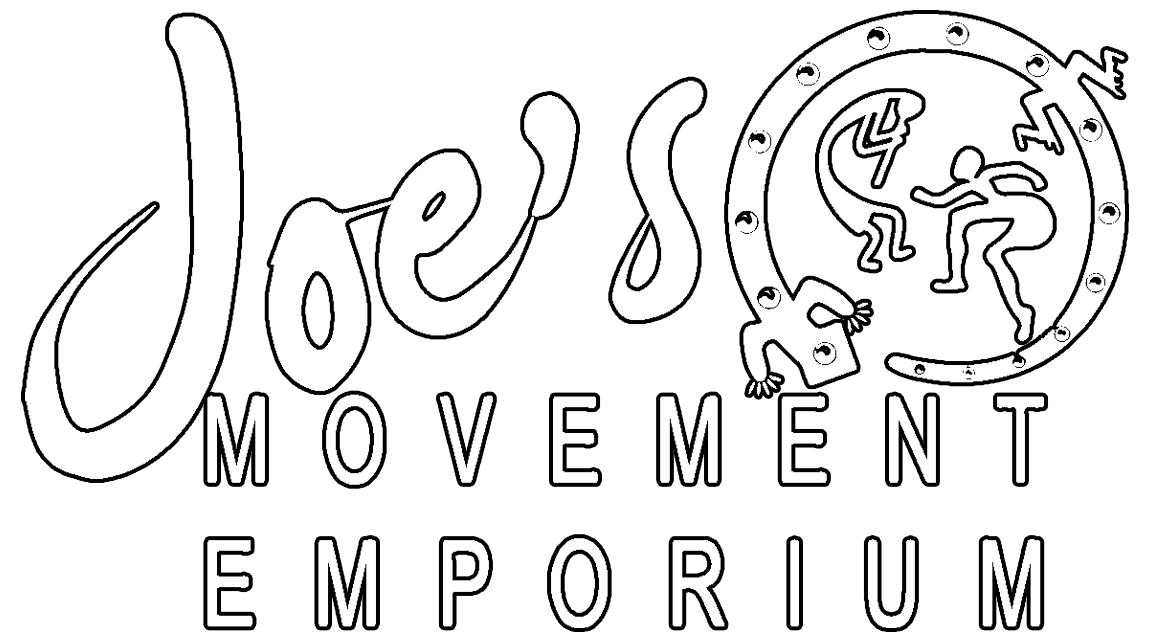Uncovering Your Family History: Tips for Creating Your Genealogy Research Plan
Written by Nana Afua Yeboah
On your journey to uncovering your family’s lineage and history, a genealogy research plan is an essential roadmap that will keep you focused. Guided by one or more research questions, a genealogy research plan organizes the who, what, where, when, why, and how of your family history research strategy.
Video: Overview to Beginning African American Genealogy
Below are key tips for creating an effective genealogy research plan:
Establish Your Objectives and Research Questions. Determine what you want to learn about your ancestor(s). Broad, general research questions to help you frame your objectives include:
What biographical and demographic details about your ancestor(s) are available?
What major events happened during your ancestor(s) time? Where were they and when did they occur?
Who was your ancestor(s) related to, genetically or by marriage?
More specific research questions are tailored to known facts and information about your ancestor(s) and should include known birthdates, locations, relationships, etc. to narrow down your search as much as possible.
Gather and Assess Known Facts and Information. Conduct oral interviews with your family members (elders in particular) and collect and review information that can be found in family and home sources. This includes birth certificates, death certificates, photos, diaries, marriage records, census records, etc.
Form a Working Hypothesis. After assessing preliminary information, form a hypothesis that you hope to prove or disprove through your research. This will help you determine necessary sources and strategies to use to uncover additional information and insight.
Consult Sources. Based on what you’ve learned from your preliminary research and your research objectives and goals, determine the online and physical collections, repositories, libraries, archives, records offices, and societies you wish to consult to learn more about your ancestor(s). Be sure to review and confirm source availability ahead of and, if possible, order documents ahead of in-person visits for the sake of time and convenience.
Sources to consider include:
Library of Congress - Maryland: Local History & Genealogy Resource Guide
Maryland State Library Resource Center - African American Genealogy Guide
MDGenWeb African American Resources Special Topic Site - a part of the USGenWeb Project
University of Maryland Libraries - African American Genealogy in Special Collections
Begin Searching and Recording Your Progress. Based on priority, location, and availability of/access to records of interest, begin consultations and on-site visits at repositories, libraries, offices, etc. Keep detailed records of progress made as well as records and information found. Family Tree Magazine and certified genealogist Angela Packer McGhie provide free genealogy research and recordkeeping templates that can be incorporated into your search planning and preparation. Virtual genealogy workshops, tools, and tips are available on YouTube for your reference as well, to support you in the research process.
